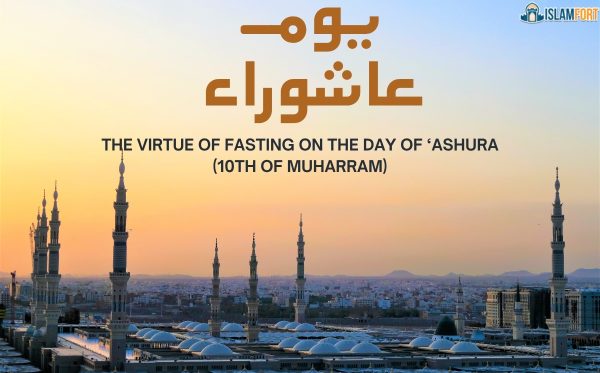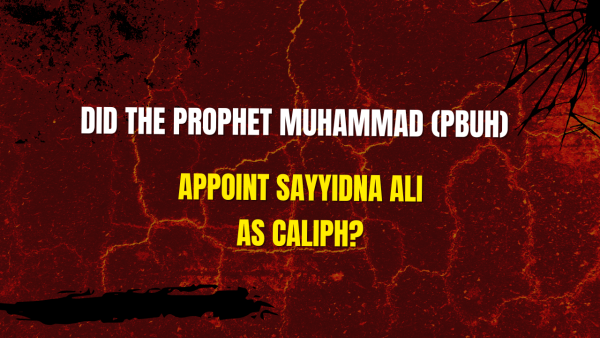Recurring Criticism of Social Media
As Eid al-Adha approaches, a familiar debate often resurfaces on social media. It typically involves criticism of people spending large sums—”He bought an animal worth five hundred thousand!” or “He spent two hundred and fifty thousand on a cow while his driver’s daughter remains unmarried!” Others argue that sacrificing animals in such large numbers is cruel.
Understanding the Purpose and Timing of Worship
Such objections overlook a fundamental reality: In Islam, every virtuous act has its appointed time. If one wants to contribute to a wedding or support someone in need, it can be done at any time of the year. However, Qurbani (sacrifice) is a specific act of worship prescribed for a specific time. Performing every act at its appointed time enhances its beauty, and the best act of worship at this time is to offer sacrifice in the way of Allah.
Double Standards
Another contradiction emerges: when people indulge in steaks, burgers, or lavish BBQ events for their pleasure, it is considered normal, even celebrated. But when the same meat is used to sacrifice in the way of Allah, suddenly it becomes a topic of criticism.
Qurbani and Its Economic Impact
Qurbani is not an individual benefit—it activates a wider economic cycle. Millions of underprivileged people receive meat during these days. Entire industries—from livestock trading to leather processing—gain momentum.
A Source of Livelihood for Many
Take, for example, the cattle markets in Karachi. Every year, villagers—simple Muslims who have raised animals all year—travel to the city just for these few days. They rely on the income from selling these animals to support their families for the entire year. This, too, is part of Allah’s wisdom and provision: an incredible system Allah has created, in which the animals and livestock of these people are being sold.
May Allah grant us true understanding and accept our worship — Ameen.













Leave a Reply